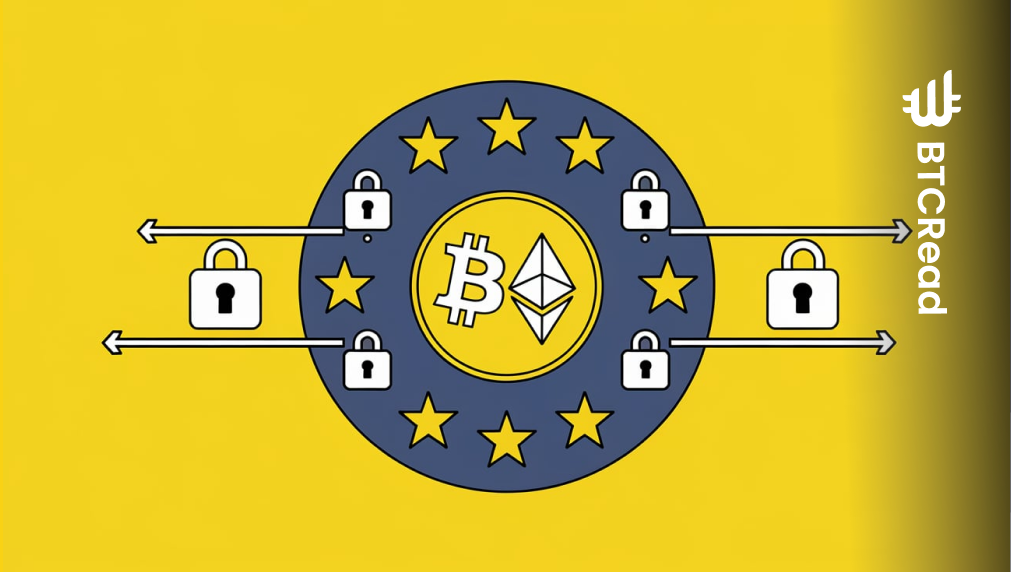The European Banking Authority (EBA), which oversees the banking sector in Europe and works to address its weaknesses, has released two sets of guidelines. These guides are aimed at payment service providers (PSPs) and crypto-asset service providers (CASPs).
On Nov. 14, the European Banking Authority (EBA) issued new guidelines outlining what Payment Service Providers (PSPs) and Crypto Asset Service Providers (CASPs) need to do to follow both EU and national sanctions when transferring funds or cryptocurrencies. The EBA also warned that any weaknesses in internal controls, policies, or procedures could expose financial institutions, including PSPs and CASPs, to legal and reputational risks.
EBA strengthens crypto compliance rules
Financial organizations’ weaknesses in these areas could also weaken the benefits of the EU’s penalty measures. The European Banking Authority (EBA) states that Payment Service Providers (PSPs) and Crypto Asset Service Providers (CASPs) involved in fund or crypto transfers must implement a secure screening system to meet their commitment under the EU’s restrictive steps.
The guidelines also need these providers to track information to reduce the risk of individuals or entities violating the EU’s penalties. Additionally, they must prevent users from bypassing the EU’s regulatory restrictions. In 2021, the European Commission introduced a legal package to enhance the EU’s Anti-Money Laundering (AML) and Countering the Financing of Terrorism (CFT) framework.
This includes a proposal for new rules regarding information requirements in fund and crypto transfers. Authorities officially adopted these regulations in June. 9, 2023, and they will come into effect on Dec. 30, 2024. The European Banking Authority (EBA) must also provide guidelines to help financial institutions meet the new regulatory requirements.
Related | BNB Chain NFTs see Whale surge







